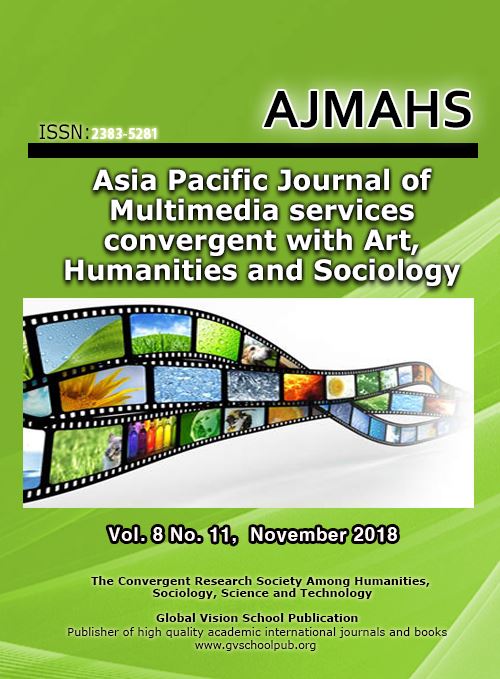부양가치관의 문화적 차이에 관한 연구
A study on the cultural difference of value for supporting parents: focusing on familism value and filial piety idea among the university students in Korea, China and Japan
- 인문사회과학기술융합학회
- 예술인문사회융합멀티미디어논문지
- 8권 11호
-
2018.1177 - 85 (9 pages)
- 159

본 연구는 한국, 중국, 일본의 대학생의 부양 가치관의 문화적 차이를 조사하는 것을 목적으로 한다. 이를 위해 2014년 11월부터 20115년 2월까지 한국, 중국, 일본의 대학생들을 대상으로 설문 조사를 실시하였다. 한국 대학생 286명, 중국 대학생 250명, 일본 대학생 271명을 대상으로 최종 분석을 실시하였다. 부양가치관의 차이는 대학생의 성별, 연령, 가족형태 등 외생변수를 통제한 후 각국의 문화에 따라 분석되었다. 첫째, 한국, 중국, 일본의 대학생들과의 가족주의 가치관의 차이와 관련하여 \아들 중심적\가치관은 중국, 일본, 한국의 순서대로 높았다. 가통계승 가치관은 한국과 일본보다 중국학생이 높았다. 문화는 가족주의 가치관에 가장 영향력 있는 요인이었다. 둘째, 세 나라의 대학생들의 효의식에 대한 차이점에서 중국대학생이 가장 높았으며, 한국대학생과 일본대학생이 뒤를 이었다. 문화는 효도에 가장 영향을 미치는 요인이었다. 결론적으로 한국, 중국, 일본 대학생들의 가족주이 가치관과 효의식을 비롯한 부양기치관은 성별, 나이, 가족형태와 같은 외생변수의 특성이 아니라 문화에 따라 다양하다는 것을 보여 주었다.
This study aims to investigate the difference of value for supporting parents from the university students in Korea, China and Japan by the culture. To do so, a survey was conducted in the subjects of university students in Korea, China and Japan from November 2014 to February 2015. Final data were analyzed with the university students of 286 Koreans, 250 Chinese, and 271 Japanese. The differences of value for supporting parents were analyzed by the culture of each country after controlling exogenous variables such as sex, age, and family types of the university students. First with respect to the differences of familism value from the university students in Korea, China and Japan, ‘son-centric’ value showed higher in the order of China, Japan and Korea; ‘succession of family lineage’ showed higher in Chinese students than Korean and Japanese students; and the culture was the most influential factor on the value of familism. Second in terms of differences on filial piety idea from the students in three countries, Chinese showed the highest, followed by Korean and Japanese, while the culture was the most influential factor on filial piety idea. In conclusion, values for supporting parents including familism value and filial piety idea in the university students demonstrated that they varied not by the sociodemographic parameters such as sex, age, and family types of the students but by the culture.
1. 연구의 필요성 및 목적
2. 연구방법
3. 연구결과
4. 결론
(0)
(0)